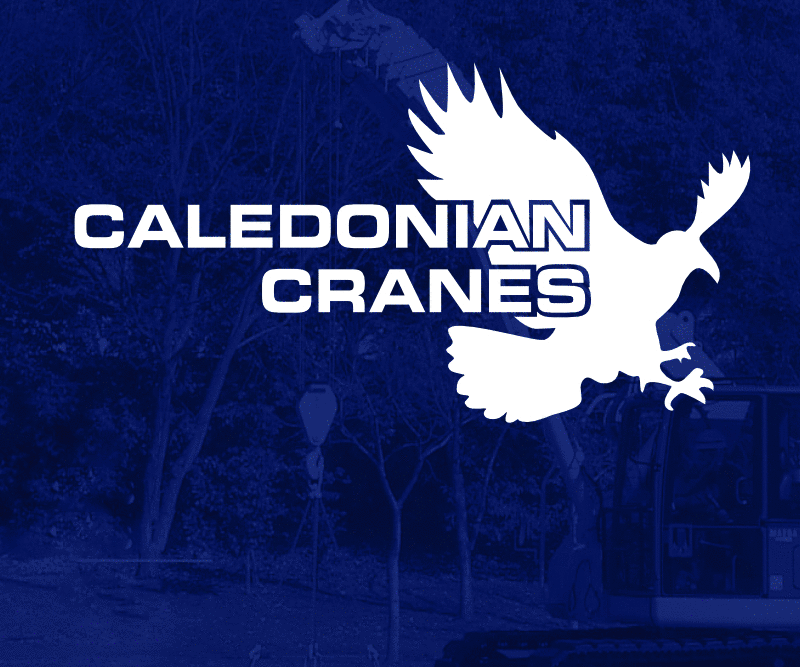‘New Chapter’ architects call for independent governance review into RIAS
 A group of Scottish architects who accused the Royal Incorporation of Architects in Scotland (RIAS) of being a “secretive and autocratic” organisation have rejected attempts by the professional body to address their concerns.
A group of Scottish architects who accused the Royal Incorporation of Architects in Scotland (RIAS) of being a “secretive and autocratic” organisation have rejected attempts by the professional body to address their concerns.
The group, calling itself ‘A New Chapter’, had written to RIAS president Stewart Henderson to reveal their concerns at what they see as “a lack of effectiveness, poor governance and insufficient financial accountability in Scottish architecture’s professional body”.
In his response, Henderson insisted that work was being carried out to improve the structure and management of the body and defended separate internal RIAS reviews of salaries, probity and management practices.
The 150-strong ‘A New Chapter’ group, which includes leading figures Malcolm Fraser, Charlie Hussey, Chris Platt, Helen Lucas, Jude Barber and Paul Stallan, has now hit back at the RIAS for failing to address the “key failures” raised of the need to open-up the organisation.
The new letter stated: “We have consistently stated that the inquiry into the finance, governance, salaries and other matters of concern must be independent: one senior independent lead, with a clear brief, reporting to the trustees on RIAS Council – the legally responsible corporate entity.
“Instead you have created a maze with three enquiries and other separate legal entities, all reporting to your ‘Governance Group’.
“This ‘Governance Group’, consisting of you and a small number of past-presidents appointed by you, therefore leads and controls the process.”
According to the group, the consequences which fall from this include:
“1. This web of appointments, and duplication of enquiries, is a profligate expenditure of our resources.
“2. It produces a tangled landscape of overlapping advice, with the additional possibility of matters falling ‘between two stools’.
“3. This internal Governance Group control the remit and message, with you as chair acting as briefing agent, editor and judge.
“4. Most significantly, as members, we do not hold you and your Governance Group as being independent: indeed, as it is quite possible that the results of the Reviews are critical of the actions of you and these past-presidents, you and they have a clear conflict of interest and can in no way represent the interests of members or requirements of charity law and the perception will be that the ‘legal reasons’ you state for non-disclosure are simply self-interest.”

















